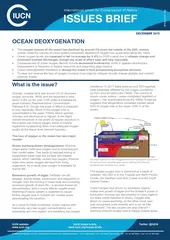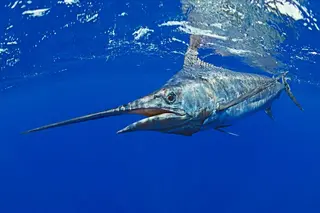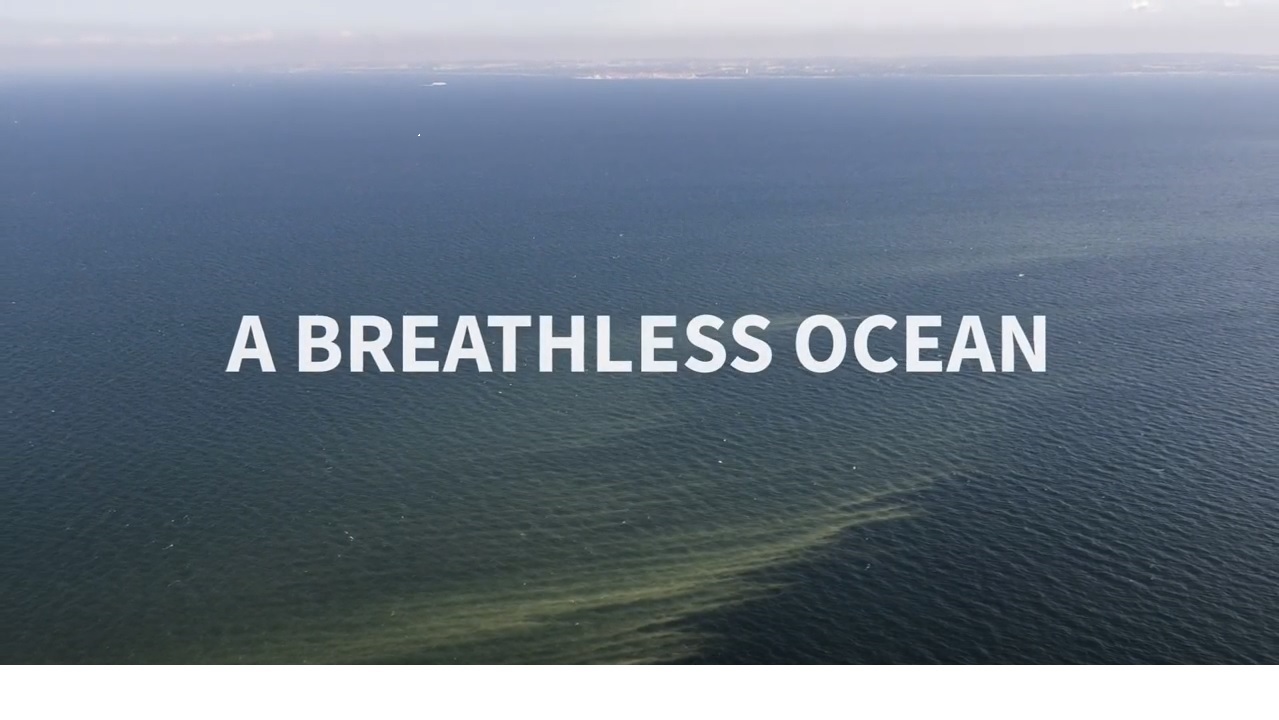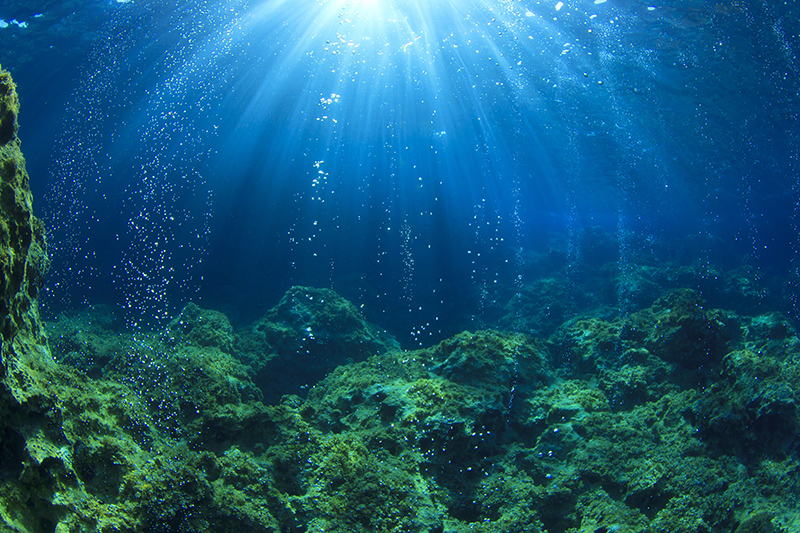Ocean deoxygenation is one of the most pernicious, yet under-reported side-effects of human-induced climate change. The primary causes of deoxygenation are eutrophication (increased nutrient run-off from land and sewage pollution) and nitrogen deposition from the burning of fossil fuels, coupled with the widespread impacts from ocean warming. Oxygen loss from warming has alarming consequences for global oceanic oxygen reserves, which have already been reduced by 2% over a period of just 50-years (from 1960 to 2010).
Oxygen decline will impact marine ecosystems and the dependent human population. Even the smallest fall in oxygen levels, when near already existing thresholds, can create significant issues with far-reaching and complex biological and biogeochemical implications.
At a global-scale, warming-induced oxygen loss is driving progressive persistent changes in nutrient cycling and recycling, species distributions, marine ecosystem services and habitat availability. Whereas at a regional scale, the formation of low oxygen zones and harmful algal blooms become more frequent. In a ground-breaking 2019 report, IUCN, in partnership with leading scientists, explore the causes, consequences and socio-economic implications of ocean deoxygenation, and discusses how we, as a planet, must react. Entitled Ocean deoxygenation: everyone's problem, the report brought global attention to the issue ahead of the 2019 UNFCCC climate Conference of Parties.
The report looks at the causes of deoxygenation, projections for the future and its effect on many different species groups. It also lays out some solutions for addressing and adapting to ocean deoxygenation. IUCN has been developing both global, and regional policy work to prepare managers and policy makers to address the issue. Since 2021, IUCN has also been looking at the cumulative effects of ocean deoxygenation alongside other other stressors, such as ocean acidification, warming, marine heatwaves, in a multi-stressor approach.
IUCN also released a film in 2020 entitled A Breathless Ocean. The film introduces the scientific phenomenon that is ocean deoxygenation and explores some of the mitigation measures that can be adopted to tackle it.




